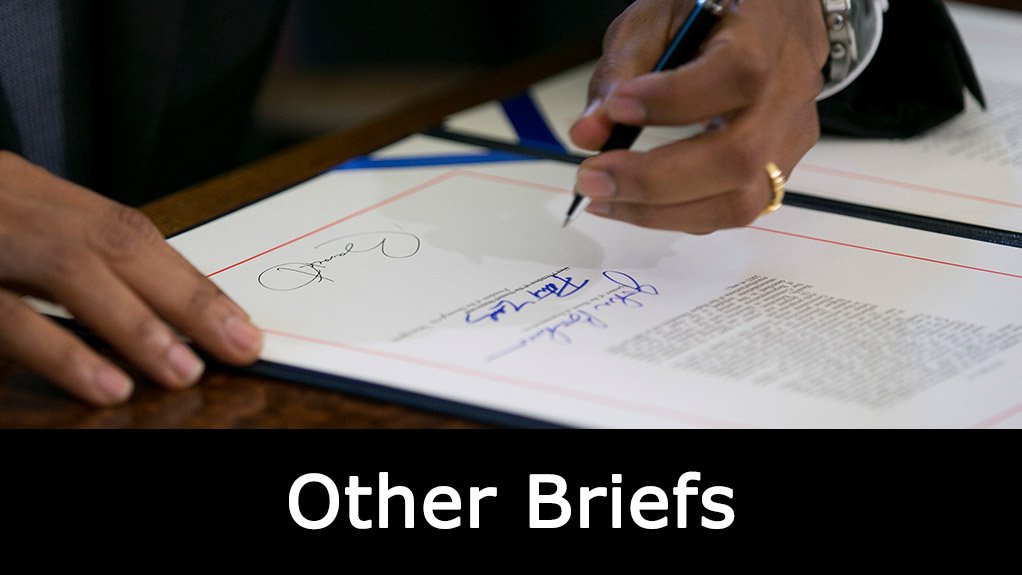The hotly debated amendment to Section 10(1)(o)(ii) or “Expatriate Exemption” took effect from 1 March 2020, with the questions on many expatriates’ minds often being “how will SARS find me? What does the SARS audit of an expatriate look like and what questions should I expect?”
Anyone who has been sharply following the SARS expatriate tax law change will know that expatriates are being earmarked for aggressive targeting. They would also know SARS started a dedicated “Foreign Employment” unit to execute on this mandate, but what happens when you are on their radar and the audit commences?
The evidence
On an audit request dated 02 November 2020 from SARS, the following questions/requests were posed to the expatriate filing the return:
- Submit 12 months bank statement with all income and a description which reconciles with what was declared to SARS;
- Submit a copy of the tax clearance application and approval for immigration;
- On the unsold property in South Africa, what is the intention of holding this property?;
- Date of departure from OR Tambo airport.
The questions speak for themselves and will be a reality check for those who have been putting off dealing with their tax obligations decisively, or who followed the “quick and easy” solutions, which leave room for maximum risk and little protection in the long run.
Unfortunately, expatriates were forewarned on being compliant, and with SARS’ recent inclusion of the words “wilfully or negligently” in the Tax Administration Act, one cannot take these questions lightly when responding nor plead ignorance after the fact; the consequence of which include imprisonment or a hefty fine.
Onus remains on the taxpayer
What remains important is that, if you are claiming non-resident tax status of South Africa –
- You want your SARS tax record to show financial emigration before the SARS audit starts.
- Financial emigration is only possible until end February 2021; when there will be a new, uncertain process; of which conveniently no details have been shared, but it will be more stringent.
- Where you cannot do financial emigration, the double tax agreement tie-breaker clause is an equally legitimate route to break residency; but this must be properly done and declared to SARS.
- The SARS system is clearly now identifying expatriates and they have started with enforcement; with the shortage of revenue collection, they can leave no stone unturned and some see expatriates as an easy target.
- Where you cannot do financial emigration or use a double tax agreement, you need to look at the various legitimate means of reducing your SARS obligation.
Closing remarks
Those who have left their situations to chance or “fly-by-night” advice will unfortunately need to deal with the consequences. Many think that as they have not heard anything from SARS yet, that they have managed to keep themselves hidden. However, SARS is only starting to “warm-up” in its collection duties from South Africans earning foreign income, who have legitimately been a softer target due to rife non-compliance in the past, and which makes it even easier for SARS to raise an audit.
Simply put, formalise your tax residency status with SARS or get ready to deal with a tougher SARS going forward. Click here to view the SARS audit request mentioned above.
Written by Thomas Lobban, Legal Manager for Cross-Border Taxation at Tax Consulting SA
EMAIL THIS ARTICLE SAVE THIS ARTICLE ARTICLE ENQUIRY
To subscribe email subscriptions@creamermedia.co.za or click here
To advertise email advertising@creamermedia.co.za or click here











